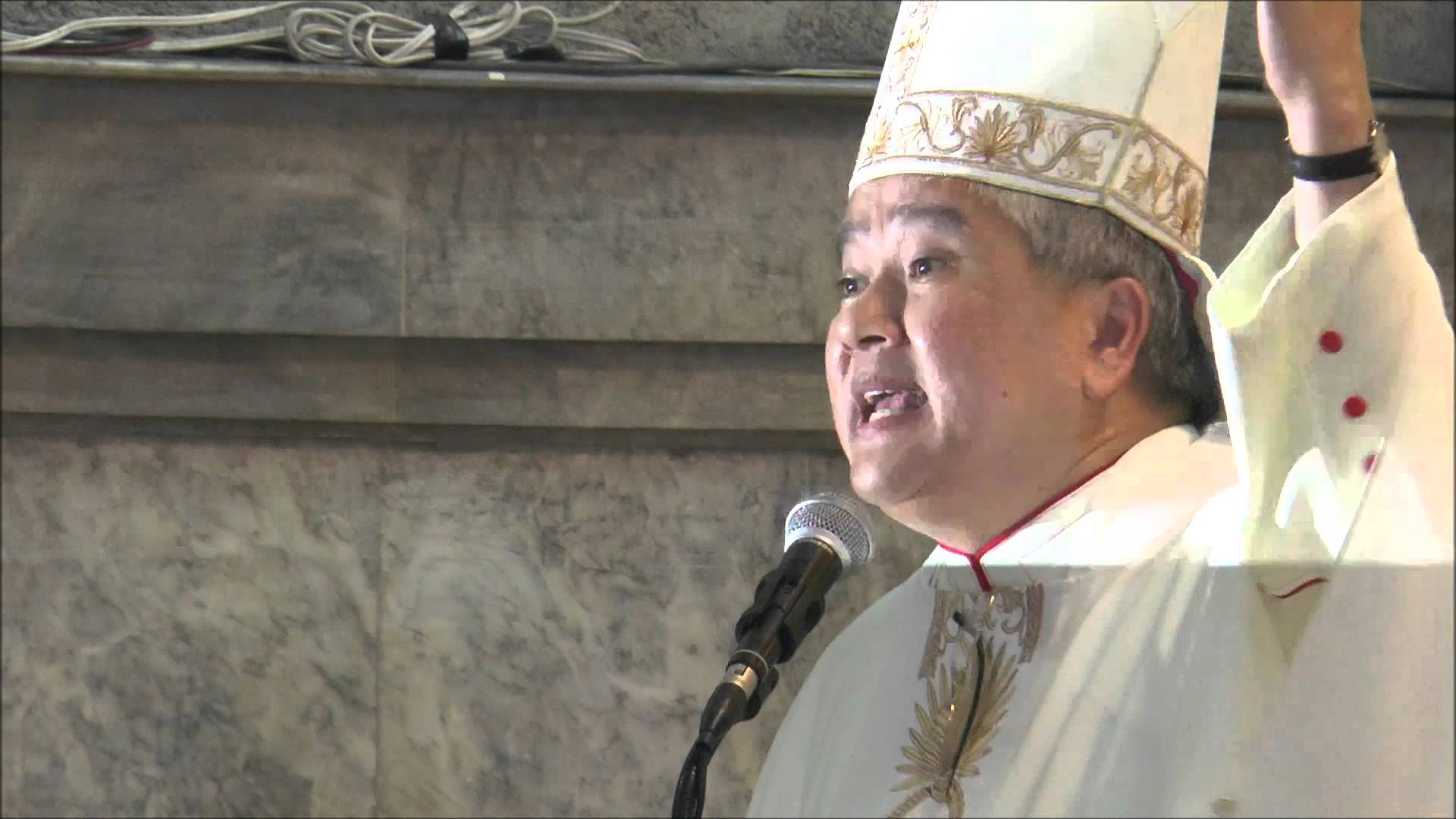In one of the world’s pacesetter Catholic nations, Church leaders in the Philippines are emerging as perhaps the strongest voice against what critics see as a Wild West brand of frontier justice under President Rodrigo Duterte, whose anti-crime campaign so far has left at least 600 alleged drug dealers dead in extra-judicial killings.
Recently, Duterte identified 158 Filipino officials, including judges, police, soldiers, and politicians, who he claimed are involved in the drug trade, ordering them to surrender within 24 hours or be shot on site.
“I will order the entire armed forces of the Philippines to hunt for you,” he said to the accused. “Go out to the naked world and sow your foolishness.”
Archbishop Socrates Villegas, president of the country’s bishops’ conference, asked Catholic priests across the country to take to the pulpit August 7 to denounce the killing spree Duterte’s get-tough approach has unleashed.
“In our dream to wipe out drug addiction, are we not becoming a killing fields nation?” Villegas said in a statement he asked to be read in parishes.
“The humanity in me cries each time I see a parent and child grieve over loved ones killed on the sidewalk or thrown in grassy areas, hogtied or masked with tape,” he said. “The humanity in me grieves for fellow humans who do not mind killing criminals in the belief that their murders will lesson evil in the world.”
Villegas leads the archdiocese of Lingayen-Dagupan in the northern part of the country.
With an estimated Catholic population of 80 million, the Philippines is the third largest Catholic country in the world after Brazil and Mexico, and because its levels of faith and practice are generally higher, there’s likely no country on earth where more people attend Catholic Mass on a regular basis.
Filipino priests form a large share of today’s missionaries serving abroad, and Filipino communities are often among the most dynamic in local Catholic churches in various parts of the world.
As a result, developments in Filipino Catholicism often have ripple effects around the Catholic world.
Villegas questioned what he called widespread indifference towards the violence, in which many victims are left with cardboard signs accusing them of being pushers.
“If drugs indeed kill, will killing the suspects remove the menace?” he asked.
“Are we providing our children a safe haven by teaching them by our tolerance of murders, that killing suspected criminals without a fair hearing is a morally acceptable way to eradicate crime?”
“From a generation of drug addicts, shall we become a generation of street murderers?” Villegas asked.
Duterte, the former mayor of Davao in the southern Philippines, was elected in May on a pledge to eliminate the drug trade within six months. He asserts immunity as president from prosecution, and has also promised that no soldier or police officer will be charged for killing someone involved in drug trafficking.
In an address to his fellow bishops in late July, Villegas described the situation facing them as that of “pastors of a church in the wilderness,” saying that an institution that once wielded great respect and influence in the country is now “despised and ridiculed.”
Yet Villegas argued the experience of the wilderness could be healthy for the Filipino church.
“The wilderness is also for purification and prayer,” he said. “It is also for returning to the basics without the trappings and icings. The wilderness beckons us to stay with the Lord and return to the essentials.”
“The wilderness, Villegas said, “tests our readiness for martyrdom.”
The 55-year-old Villegas called on his fellow prelates to have the courage “to defend and vindicate the rights of the poor and the oppressed, even when doing so will mean alienation or persecution from the rich and powerful.”
When two United Nations human rights experts recently criticized the extra-judicial murders in the country, saying they “do not serve the cause of justice,” Duterte defiantly called the UN “useless” and floated the idea of pulling out of the global body.
He also insisted that many of those killed had died while resisting arrest, and that others were the victims of rival drug syndicates.













